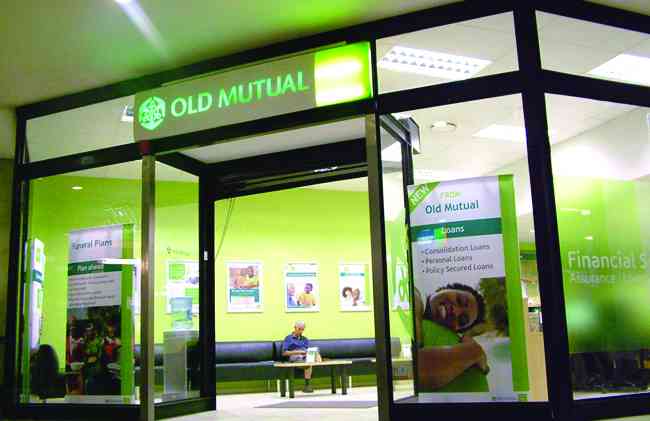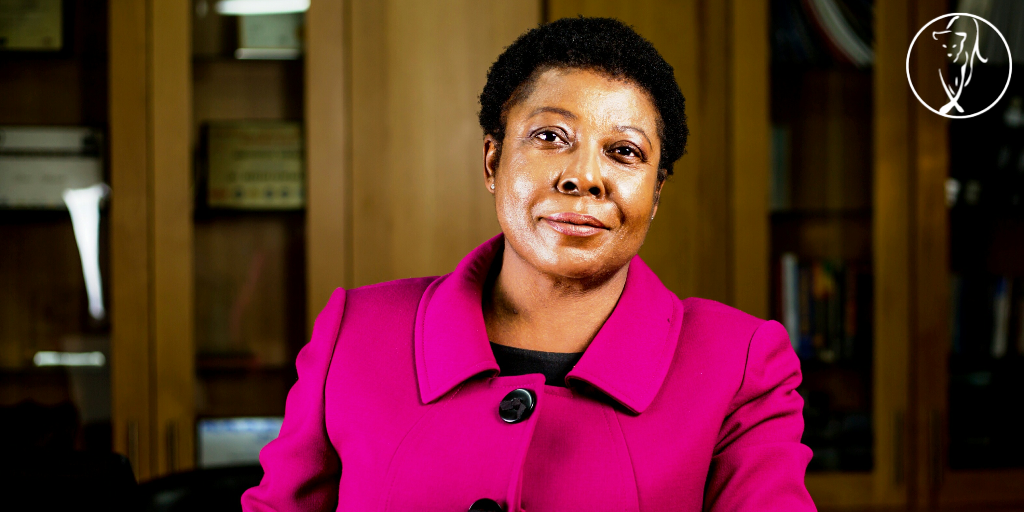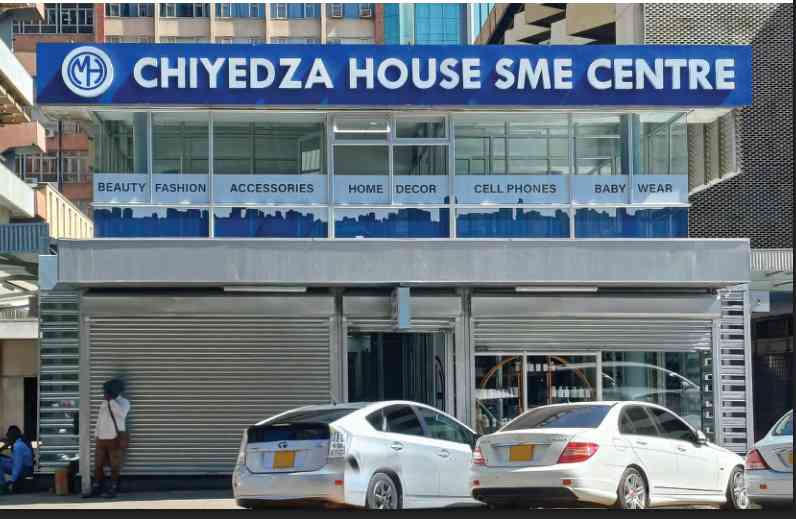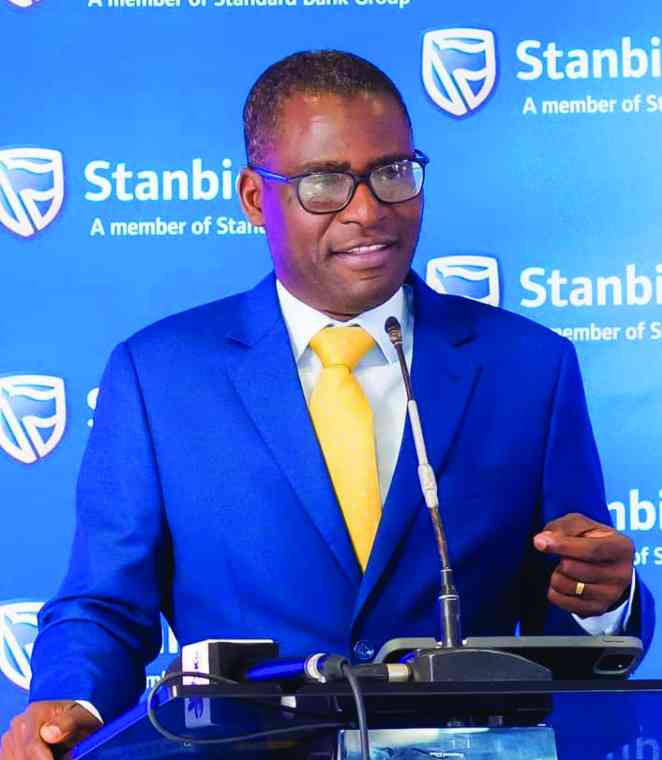
THE Botswana Stock Exchange (BSE) this week accelerated a push to encourage cross listings with the Zimbabwe Stock Exchange (ZSE) in order to expand funding options for capital-starved domestic corporations.
BSE chief executive officer (CEO) Thapelo Tsheole said Tuesday ground for this strategy had already been laid out when the bourses inked a memorandum of understanding (MoU) to activate inter-exchange funding flows.
“Some of the things that have worked for us are associations with other stock exchanges,” the BSE boss said in his presentation during the 2022 Quoted Companies Survey, a product of the Zimbabwe Independent.
Tsheole was the keynote speaker for this year’s survey, which analysed trends on the ZSE and awarded the best performing counters.
“We have signed, of course, an MoU with the Zimbabwe Stock Exchange to facilitate cross listings because if some of these companies cross-list in Botswana and Zimbabwe when there is low capital in Zimbabwe, you can come to Botswana to raise capital and deploy it in Zimbabwe,” added.
Tsheole is also chairman of the Committee of Southern African Development Community Stock Exchanges.
The two bourses have had contrasting performances this year.
Following many years in which it outshined African peers, the ZSE has been tormented by relentless bears following multiple headwinds.
- Young entrepreneur dreams big
- Chibuku NeShamwari holds onto ethos of culture
- Health talk: Be wary of measles, its a deadly disease
- Macheso, Dhewa inspired me: Chinembiri
Keep Reading
The ZSE saw its market capitalisation plummet to ZW$1,6 trillion on Tuesday (about US$2,7 billion) from about ZW$3,5 trillion in April following the capital flight.
The BSE traded shares worth over P700 million (US$52,26 million) between January and July, underpinned by higher volumes that ended with a P777,3 million (US$58,03 million) turnover, making it one of the region’s most liquid stock exchanges.
On Tuesday, the BSE’s market capitalisation was nearly P394 billion (US$29,41 billion).
Tsheole said strategic repositioning within the Sadc landscape would be crucial for the ZSE to help rebuild largely faltering industries.
“The Zimbabwe Stock Exchange should strategically position itself in such a way that it can be able to support its companies to use the ZSE as a platform to raise capital to expand regionally,” he said.
Tsheole added that while Zimbabwe had created a new bourse, the forex indexed Victoria Falls Stock Exchange, it remained important for the country to present the ZSE’s case across international markets to drive up capital flows.
“There are a lot of investors in the Far East, the Middle East and also in the eastern parts of the world who we have seen of late come to invest in Botswana because we have pursued what we call an ‘Internalisation Strategy’,” Tsheole said.
“We have realised that we have done a lot locally and therefore we need to start taking baby steps outside. I think it’s starting to bear fruit in that regard. The advice I would give to listed firms in the region is that they must take advantage of capital markets or stock markets in Sadc and expand their services into the rest of Africa,” the BSE boss added.
Market analyst Respect Gwenzi said while companies reported better growth during the first half of this year compared to last year, tighter fiscal and monetary policies, were knocking off on company revenues.
These tight fiscal and monetary policies include a 40% capital gains tax on stocks sold before 270 days of purchase and the government's strategy to review payments suppliers. Other hurdles include high interest rates. The country’s biggest beverages producer, Delta Corporation Limited overrun stiff competition from other ZSE-listed firms to emerge as the best counter in the 2022 Quoted Companies Survey – one of the biggest corporate events in this market.
The survey ranked aggressively expanding restaurant chain Simbisa Brands and Masimba Holdings among top performers.
In a statement adjudicators of the survey said Delta’s ability to penetrate and maintain markets, along with investment into innovation were “unmatched”.
Predominantly in Zimbabwe, where 286% annual inflation and relentless exchange rate fragilities have toppled many firms, the firm’s model has seen it expand volumes in a market where spending power has been battered by tepid demand.
“Delta has remained a market leader not only for its industry but for the Zimbabwe Stock Exchange as a whole,” the adjudicators said.
“The scale of investment in its capacity, market share recovery and innovation is unmatched. The company has weathered the storm to report its best volume performance in history achieving the highest revenue for any listed company, under a very volatile macroeconomic environment,” the statement said.
Simbisa, which was voted first runner up, has under its stewardship a string of mass and high end fast food outlets across African markets.
The firm has defied pandemic headwinds to scale up its regional ambition, and expanding its footprint on a continent hardest hit by hard lockdowns as arrivals tumbled between 2020 and 2021.
Last week, Simbisa told the Zimbabwe Independent that it is to roll out 72 new outlets across Zimbabwe by June 2023, as it builds momentum towards networking all strategic markets.
In an interview, Simbisa managing director Warren Meares said the firm would be spending about US$21,7 million in the expansion plan.
“Simbisa has shown great resilience and innovation in a turbulent time, characteristised by Covid-19 and global geopolitical tensions, particularly the Russia-Ukraine war and the attendant challenges of supply chain disruptions and reduced operation hours,” the judging panel said.
“Despite these challenges, the company has continued to grow its store count across the region, innovated around delivery and offered value to customers, in turn spurring its earnings,” it added.
The panel said an extensive infrastructure revamp initiated by President Emmerson Mnangagwa’s government under the Emergence Road Rehabilitation Programme had boosted operations at the listed construction outfit, Masimba – one of about five major companies revamping the 580 kilometre Harare-Masvingo-Beitbridge highway.
“The infrastructure agenda being rolled out by the government has spring-boarded fortunes for this company,” the panel said.
“The company has largely maintained a stable growth performance over the years anchored on a diversified order book and strong balance sheet enabling it to fulfil its firming order book across varied sectors. In the year under review, the company's profitability significantly improved, anchored on a strong order book. It is exactly 10 years since a major shift at the company, which saw a change in shareholders, management and company name, but to date the company has shown not only ability to survive but grow through value unlocking and expansion,” they added.
African Distillers was awarded the best in the Technology and Innovation Category, Dairibord Holdings coming in as first second place.
Simbisa was voted second runner up.
286% annual inflation and relentless exchange rate fragilities have toppled many firms, the firm’s model has seen it expand volumes in a market where spending power has been battered by tepid demand.
“Delta has remained a market leader not only for its industry but for the Zimbabwe Stock Exchange as a whole,” the adjudicators said.
“The scale of investment in its capacity, market share recovery and innovation is unmatched. The company has weathered the storm to report its best volume performance in history achieving the highest revenue for any listed company, under a very volatile macroeconomic environment,” the statement said.
Simbisa, which was voted first runner up, has under its stewardship a string of mass and high end fast food outlets across African markets. The firm has defied pandemic headwinds to scale up its regional ambition, and expanding its footprint on a continent hardest hit by hard lockdowns as arrivals tumbled between 2020 and 2021.
Last week, Simbisa told the Zimbabwe Independent that it is to roll out 72 new outlets across Zimbabwe by June 2023, as it builds momentum towards networking all strategic markets.
In an interview, Simbisa managing director Warren Meares said the firm would be spending about US$21,7 million in the expansion plan.
“Simbisa has shown great resilience and innovation in a turbulent time, characteristised by Covid-19 and global geopolitical tensions, particularly the Russia-Ukraine war and the attendant challenges of supply chain disruptions and reduced operation hours,” the judging panel said.
“Despite these challenges, the company has continued to grow its store count across the region, innovated around delivery and offered value to customers, in turn spurring its earnings,” it added.
The panel said an extensive infrastructure revamp initiated by President Emmerson Mnangagwa’s government under the Emergence Road Rehabilitation Programme had boosted operations at the listed construction outfit, Masimba – one of about five major companies revamping the 580 kilometre Harare-Masvingo-Beitbridge highway.
“The company has largely maintained a stable growth performance over the years anchored on a diversified order book and strong balance sheet enabling it to fulfil its firming order book across varied sectors. In the year under review, the company's profitability significantly improved, anchored on a strong order book. It is exactly 10 years since a major shift at the company, which saw a change in shareholders, management and company name, but to date the company has shown not only ability to survive but grow through value unlocking and expansion,” the panel added.










